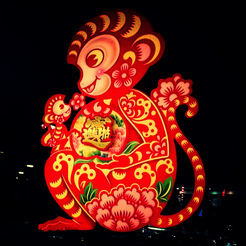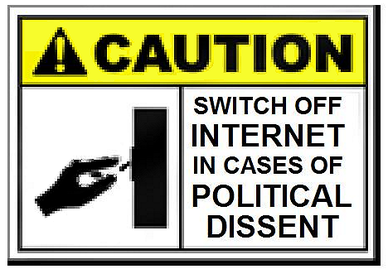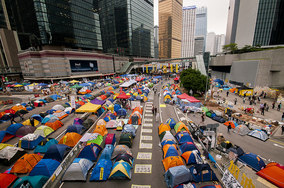 Year of the Monkey Year of the Monkey Lunar New Year celebrations in the Mong Kok district of Hong Kong broke down into chaos and rioting as police cleared away street vendors. While the vendors were temporary, they were deemed illegal and orders went out to clear them. Traditionally the street vendors would sell their wares to the many celebrants. Protesters and police fought pitched battles leaving dozens injured and 61 arrested. The streets were littered with bricks and public property damaged. The violence was greater than that seen during street demonstrations in 2014. The chief HK chief executive condemned the violence and expressed sympathy for the injured police personnel. He announced that investigations into whether the mayhem was orchestrated by those opposed to Beijing’s increasing control of the former British colony. In January thousands took to the streets of HK to protest the disappearance of five booksellers. Chinese agents are believed to have abducted them. One of the disappeared appeared on a mainland TV station confessing to a hit and run in the PRC December 2003 and stated that he was willing to accept “any punishment”. Another book seller, Lee Bo, holds a UK passport and his disappearance and subsequent surfacing in mainland China had the UK foreign secretary expressing “deep concern” over his treatment. While HK was guaranteed more freedom than mainland China when they returned to the PRC, some freedoms have been eroded. The freedom of expression is one of those guaranteed. Book sellers and publishers have been able to offer publications that were banned by the central government. Those in the PRC are celebrating the Year of the Monkey. According to the official news agency Xinhua, the riots in HK are not newsworthy. When I entered “Hong Kong riots” into their search section I got the following message: From RFC 2068 Hypertext Transfer Protocol -- HTTP/1.1: 10.5.1 500 Internal Server Error The server encountered an unexpected condition which prevented it from fulfilling the request. Sources: Al Jazeera South China Morning Post Time
0 Comments
 The long shadow of the Chinese Mainland has darkened with the appearance of the disappeared Hong Kong booksellers on Phoenix TV confessing to various crimes. The booksellers specialized in selling publications that were critical of the PRC government. Many of their publications were banned in Mainland China. The booksellers vanished from HK late last year. One, Gui Minhai, appeared on TV in January confessing to a fatal hit and run accident that occurred a decade before. Monday three more of the disappeared appeared confessing to various crimes against the state. They confessed to selling banned books to Chinese citizens and making up some of the books. As part of the hand over of the former British colony, HK was to have guarantees of freedom which includes freedom of the press. While many believe that the five were kidnapped by Chinese and illegally transported to the mainland, authorities vehemently deny that their officials would act in any way that is illegal. However, in some cases the men disappeared from their bookstores in HK and had left behind travel documents, money and personal effects. Lee Bo carries a British passport. His current whereabouts are unknown in spite of efforts by British diplomats. Gui Minhai carries a Swedish passport yet efforts by Swedish diplomats have been stonewalled. The remaining three booksellers – Lui Bo, Lam Wingkei and Cheung Jiping do not have even that scanty protection. An author currently living in New York, Xi Nuo, claims that he is responsible for this crisis as he has a published a novel titled “President Xi Jinping and His Lovers”. Others see it as an intimidation of press freedom in HK in general. Several bookstores have already culled some of their publications from their shelves. Upcoming elections in the former colony may have Beijing with the jitters. There is a growing movement in HK of an independence party. Beijing has referred to those advocating greater independence as “radical separatists” and “inclined toward terrorism”. Sources: BBC Bloomberg Business The government in Beijing has stated through its media outlets that the coming elections are about maintaining stability and prosperity.
Looking around the world, some countries’ and regions’ universal suffrage systems are not in line with the actual situation on the ground, causing social chaos, economic hardship and difficulties too numerous to mention,” the paper said. HK Daily Times While most of the elected assembly is pro-Beijing in this instance, there are enough against the proposition to veto the change if they decide to vote as a block. If the proposal is passed by the assembly, there are 5 million people in HK who are eligible to vote. Latest - Hong Kong Legislature Rejects Beijing-Backed Election Plan Sources: New York Times Daily Times Xinhua News |
Barbara McPherson
Blogger, gardener, farmer. Working toward food security and a 30 foot
diet. Addicted to reading. Love this planet, especially my little corner
on Vancouver Island, Canada Archives
October 2016
Categories
All
|


